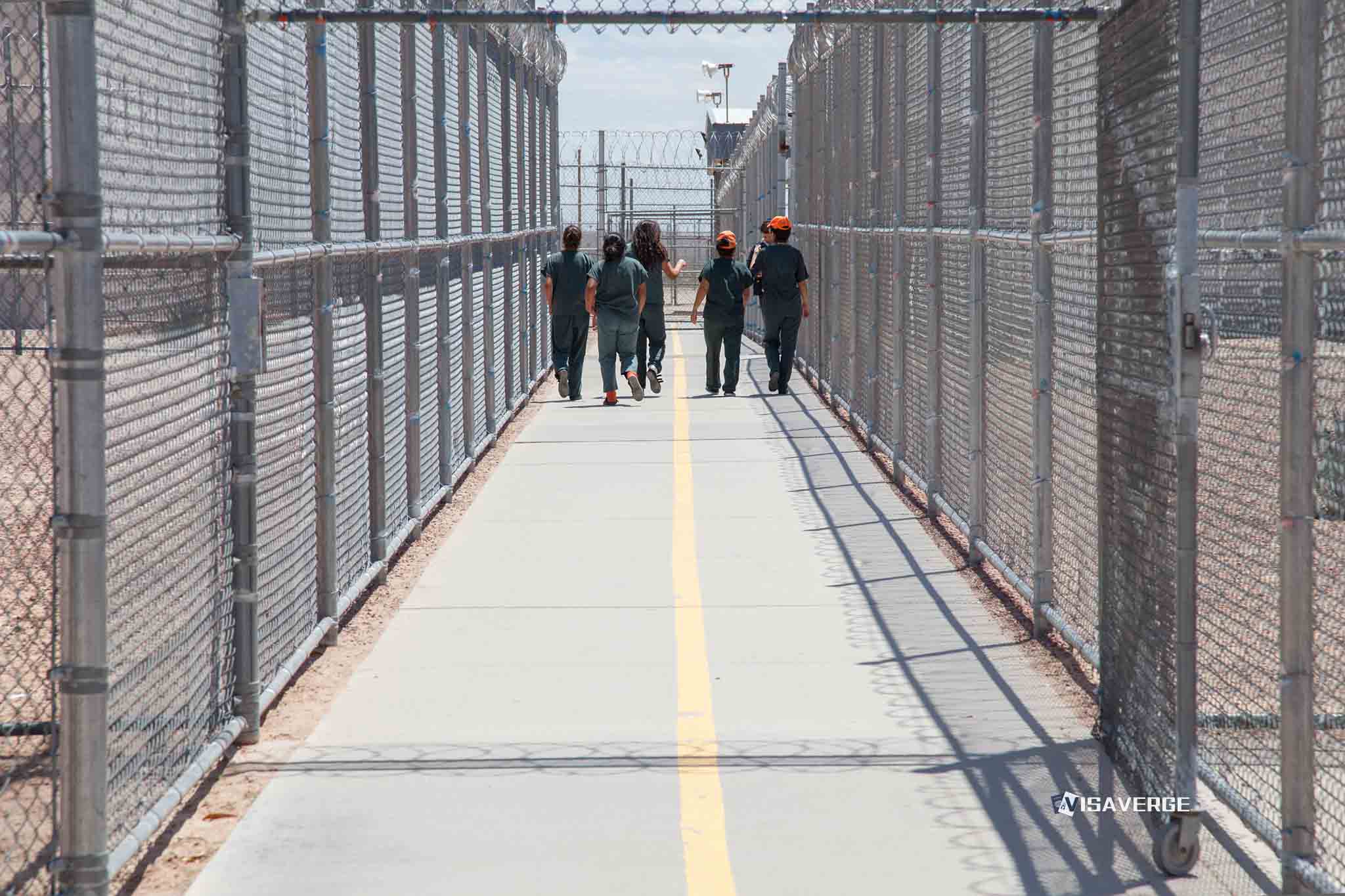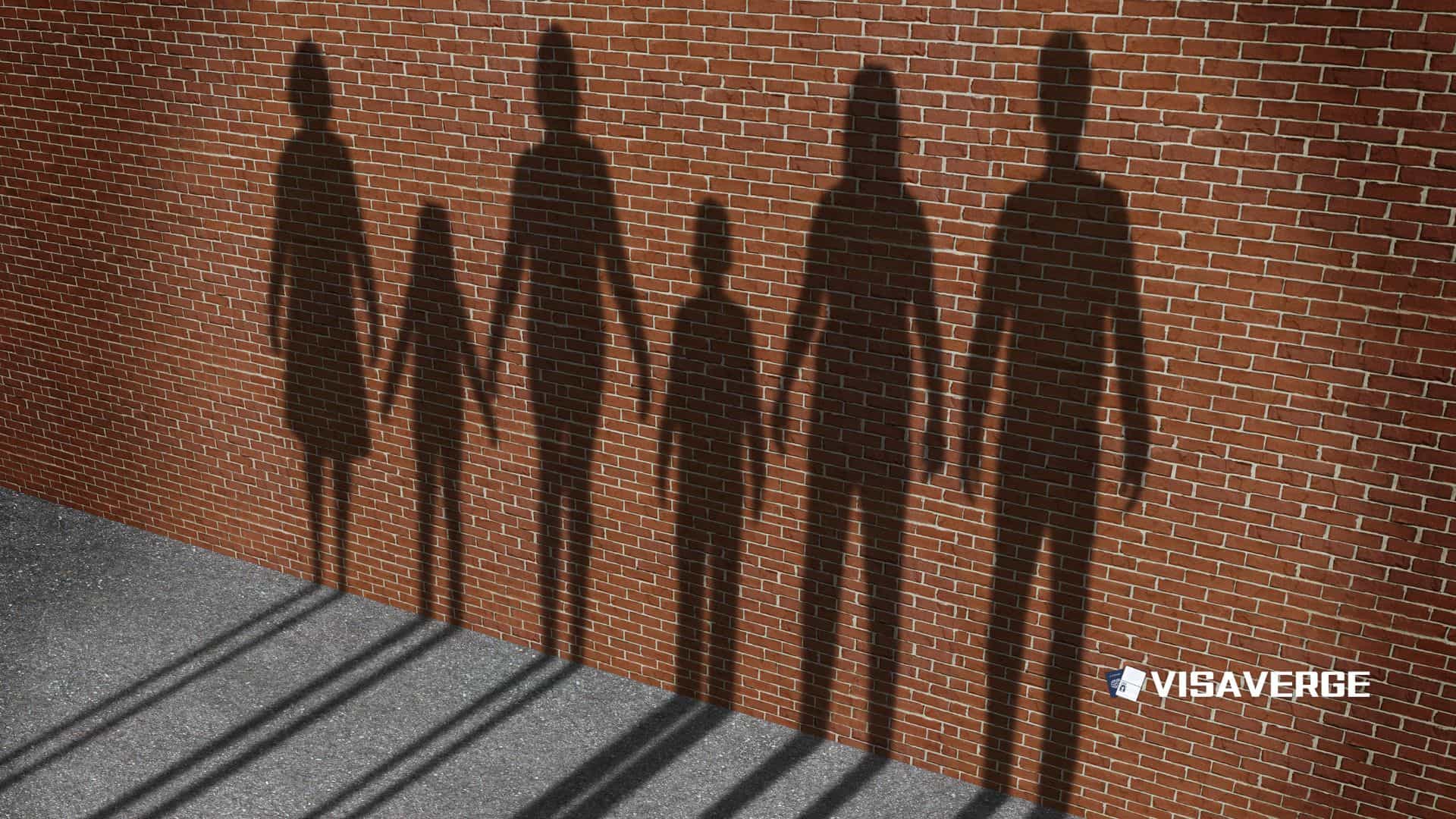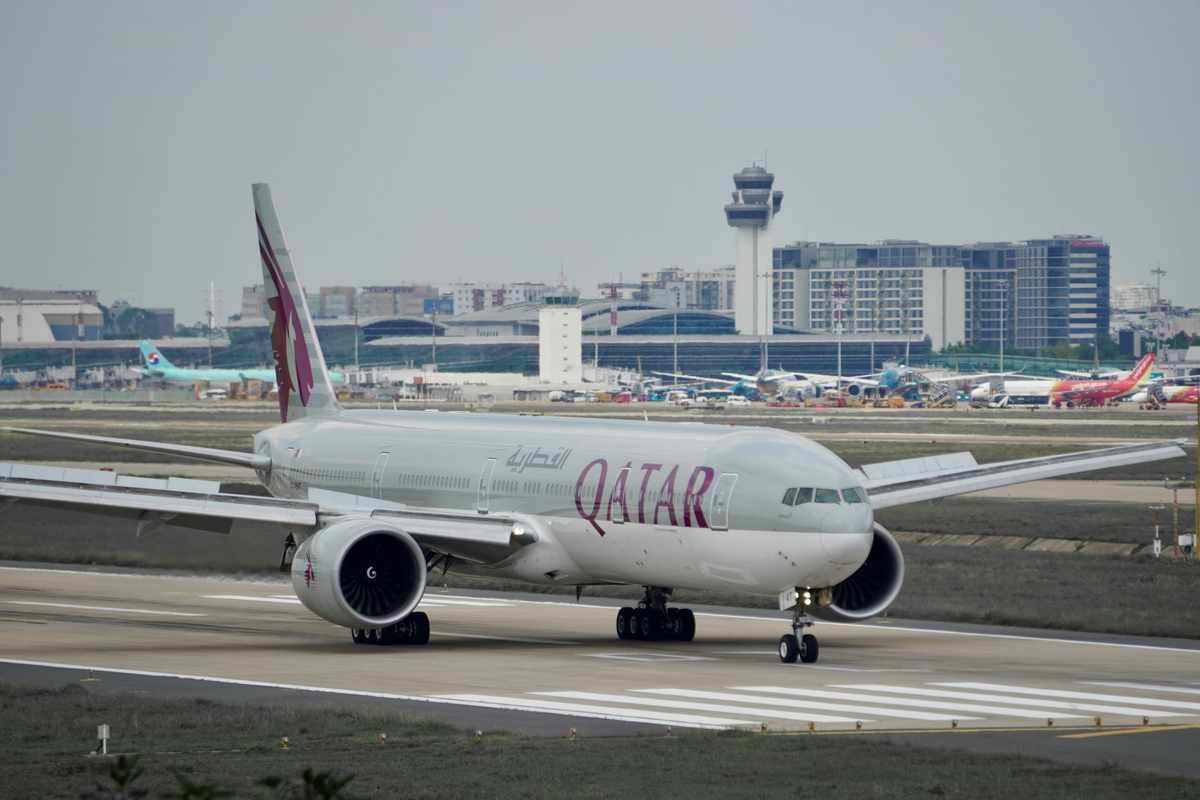(FLORIDA EVERGLADES) Catholic clergy won a rare opening inside the new immigrant detention center known as Alligator Alcatraz, celebrating the First Catholic Mass for detainees on August 2, 2025 after weeks of pressure on federal officials. Led by Archbishop Thomas Wenski of Miami and Bishop Frank Dewane of Venice, church leaders say the breakthrough answers basic religious rights while they continue to protest the facility’s isolation and the broader enforcement push under President Trump.
The center, built at the Dade Collier Training and Transition Airport about 55 miles west of Miami, opened in mid-2025 with space for up to 1,000 people in custody. Its remote Everglades setting—and the grim nickname “Alligator Alcatraz”—has made it a national symbol of tougher immigration tactics and of the fight for humane treatment behind the fences.

In late July, Archbishop Wenski rode with about 25 Knights of Columbus in a motorcycle procession to the gates, praying the rosary and pressing for worship access. After negotiations, clergy entered to celebrate Mass for detainees, and the Archdiocese of Miami says more liturgies are planned when both security rules and clergy schedules allow. As Wenski put it, “Our ‘agenda’ was always to announce the ‘good news’ to the poor.” Officials stress that strict protocols now require confidentiality about the identities of clergy, staff, and detainees who take part.
Reports from Catholic and evangelical workers say worship access remains spotty at other federal sites, even though ICE rules require regular opportunities for detained people to practice their faith. The agency’s own detention standards outline religious services and pastoral care, yet advocates say delivery is uneven and slow. ICE’s guidance is public at the agency’s site: https://www.ice.gov/detention-standards.
Religious access breakthrough and ongoing limits
The First Catholic Mass inside Alligator Alcatraz came only after weeks of back-and-forth between the Archdiocese and facility managers, according to church officials. Regular services are expected, but they remain contingent on screening, space, and coordination with facility staff and federal personnel.
Detainees must submit formal requests to attend services; advocates report delays and inconsistent responses at some locations. Those delays can leave people without timely sacraments or counseling.
Clergy who enter must pass security checks and follow tight confidentiality rules. Church leaders say pastoral care is meant for both detainees and staff, many of whom also seek rites and confidential counseling. Catholic and interfaith teams intend to keep a “consistent Catholic presence” at the site, continuing visits, rosaries at the gates, and coordination with families on the outside.
Key points about access and limits:
– Attendance requires formal requests from detainees.
– Clergy undergo security screening and must follow confidentiality protocols.
– Service frequency depends on space, staffing, and federal coordination.
– Delivery varies across facilities despite ICE standards.
The breakthrough provided a moment of respite, but access remains uneven and contingent on many operational details.
Policy context and human impact
Alligator Alcatraz sits within a larger enforcement buildout in 2025, including a $75 billion funding increase for ICE operations under President Trump’s second term. Federal officials argue the Everglades location allows faster processing and removal of people without status.
Florida Attorney General James Uthmeier has promoted the location as a deterrent, pointing to nearby wildlife such as pythons and alligators. Bishop Dewane and others call that rhetoric dehumanizing and say it reduces migrants to a problem to be pushed out of sight.
Advocates point to practical downsides of a remote site:
– Extreme summer heat
– Distance from hospitals
– Less access to lawyers and family
– Long travel times for visitors
They want clear standards for health, safety, and pastoral care to be enforced on the ground, not just written on paper. For clergy, priorities are simple:
– Regular worship
– Sacraments for the sick
– Private visits for people in emotional distress
Faith demographics and pastoral role
Church tallies suggest:
– People who identify as Christian make up roughly 80% of those at risk of deportation
– Catholics account for about 61% of that group
That mix makes pastoral care central to daily life for many detainees. Interfaith partners are involved as well, arguing that faith practice—of any religion—should not stop at the gate of a detention center.
Due process and broader concerns
Due process concerns add urgency. Religious and civil rights groups say enforcement sweeps are moving fast, leaving people confused about their cases and separated from family members.
ICE says mothers are offered choices—either to be removed with their children or to name a caretaker—but advocacy groups report ongoing trauma tied to hurried choices and limited information. Bishop Dewane has criticized what he describes as a militarized approach that treats every person without status as a criminal, calling for respect for dignity regardless of immigration status.
According to analysis by VisaVerge.com, the Aug. 2 liturgy marks a partial win for religious freedom advocates, but the bigger picture remains unsettled:
– Faith access still varies across facilities
– Legal challenges to enforcement policies are active
– Other states may build similar remote centers, repeating the same issues
Those issues include long travel times for families, limited legal support, and the risk that faith services can be paused when staffing or security shifts.
What religious leaders and charities are doing
Religious leaders say the work now is steady, not dramatic: keep showing up, keep asking for time and space for worship, and keep pressing for humane conditions. Specific actions include:
– Planned return visits and coordination between Archbishop Wenski’s team and other faith groups
– Continued support from Catholic Charities and parish networks for families on the outside, including:
– Food assistance
– Transport to visits
– Help locating loved ones moved during transfers
For updates about pastoral access at the Everglades site:
– The Archdiocese of Miami directs inquiries to its Office of Media Relations.
– The Diocese of Venice issues statements on policy and advocacy efforts affecting the region.
Both dioceses say they will keep working with federal and facility staff to:
– Ensure clergy can enter
– Make services regular
– Provide confidential counseling for anyone who asks
As attention grows, Alligator Alcatraz has become more than a nickname. It now stands for the hard choices the country faces about immigration enforcement and basic care for people in custody.
The Mass inside the fence gave many detainees a moment of peace. The pressing question is whether that moment becomes routine practice—regular, stable, and open to everyone who asks—across this facility and others. For now, however, access remains fragile and uneven.
This Article in a Nutshell
Archbishop Thomas Wenski and Bishop Frank Dewane secured the first Mass inside Alligator Alcatraz on August 2, 2025, marking limited religious access after sustained protests. The remote Everglades facility houses up to 1,000 people, and clergy continue negotiating procedures, confidentiality, and consistent pastoral visits amid enforcement and due-process concerns.







